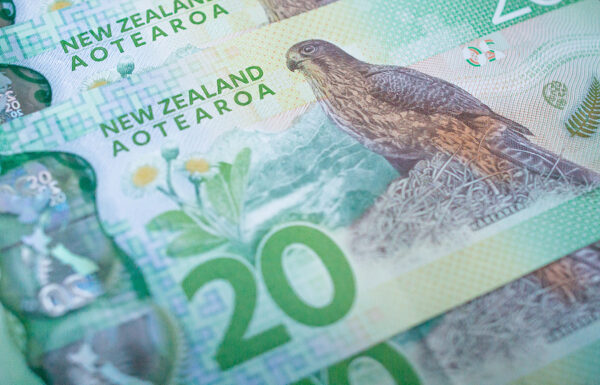For the past 10 years many organisations have attempted to introduce the balanced scorecard ideas of Kaplan and Norton with rather mixed success.
I believe this is because the basic premise of this system is that people are regarded as costs and not as potential revenue producing assets. When I teach strategy, I use the intangible assets approach of Karl-Erik Sveiby (www.sveiby.com.au), which compels the measurement of performance of people in generating revenue for their organisations.
Reflecting on my experiences of the past decade, the questions I ask of companies are:
* have most of your key people proved they can lead project teams?
* have they got mentor (known or unknown to them)?
* do you use any form of the Balanced Scorecard approach?
* do you monitor your intangible assets (especially your people)?
This latter set of staff measures typically include:
* growth/renewal measures, eg increasing total years of service;
* efficiency measures, eg value added per employee;
* solidity, eg technical staff turnover index and rookie ratio to total staff.
If the answers to these questions are no, the organisation is falling behind the knowledge wave’s best practices.
Some people believe that similar processes can be applied to entire countries in the form of national balanced scorecard or, as Sveiby calls it, monitor.
Here, I believe in the sustainability argument, or in other words balance between economic growth, environmental concerns and social responsibility. Benefits for all, from the activities of business and government engines of growth, will ensure New Zealand survives forever.
Take this approach and the main areas of the New Zealand monitor become:
Our tangible economic wealth
* growth: GDP percent and possibly the ratio of government wealth creation to business wealth creation
* innovation: ratio of R&D as percentage of GDP and venture capital startups to GDP
* efficiency: GDP per person employed and to total people in NZ and value added per capita (whole population base)
* stability: NZ dollar exchange rate (percentage change on last quarter or year) and bankruptcy ratio as percentage of all trading entities
Our intangible wealth
1) Our environment
* pollution index – degree of degradation percentage from our presumed clean green image (100 percent)
* alternate energy resources as percentage of total energy produced
* protected land reserves as percentage of total government owned land
* stability index of environmental pollution as percentage of all disasters.
2) Our physical and social infrastructure
* investment in education as percentage of GDP: percentage of tertiary qualified
* investment in health as percent of GDP: life expectancy per capita
* innovation in communications: percentage high bandwidth reach per capita
* efficiency: percentage cost of fast internet per capita to GDP
* stability: accidents index and serious crime index
3) Our people
* population growth, year to year and growth in educational levels
* innovation by diversity of peoples: demographic index
* efficiency: unemployment percent of total people in workforce
* stability of perceptions: confidence index (future prospects for NZ) attitude index towards emigration or immigration.
Many of these proposed monitors are ill-defined and controversial. My belief is that we must begin to discuss them in the abstract to stimulate conversations. At this time of considerable uncertainty, prior to an election, if we don’t know what we want, how can we judge those who try to satisfy our desires as citizens?
In my view, New Zealand needs sustainable monitor to gauge our progress.
Publication of the results monthly is desirable as another of our indicators of performance as country.
Brian D Henshall, FNZIM, is foundation emeritus professor of management at The University of Auckland.
Email: [email protected]











